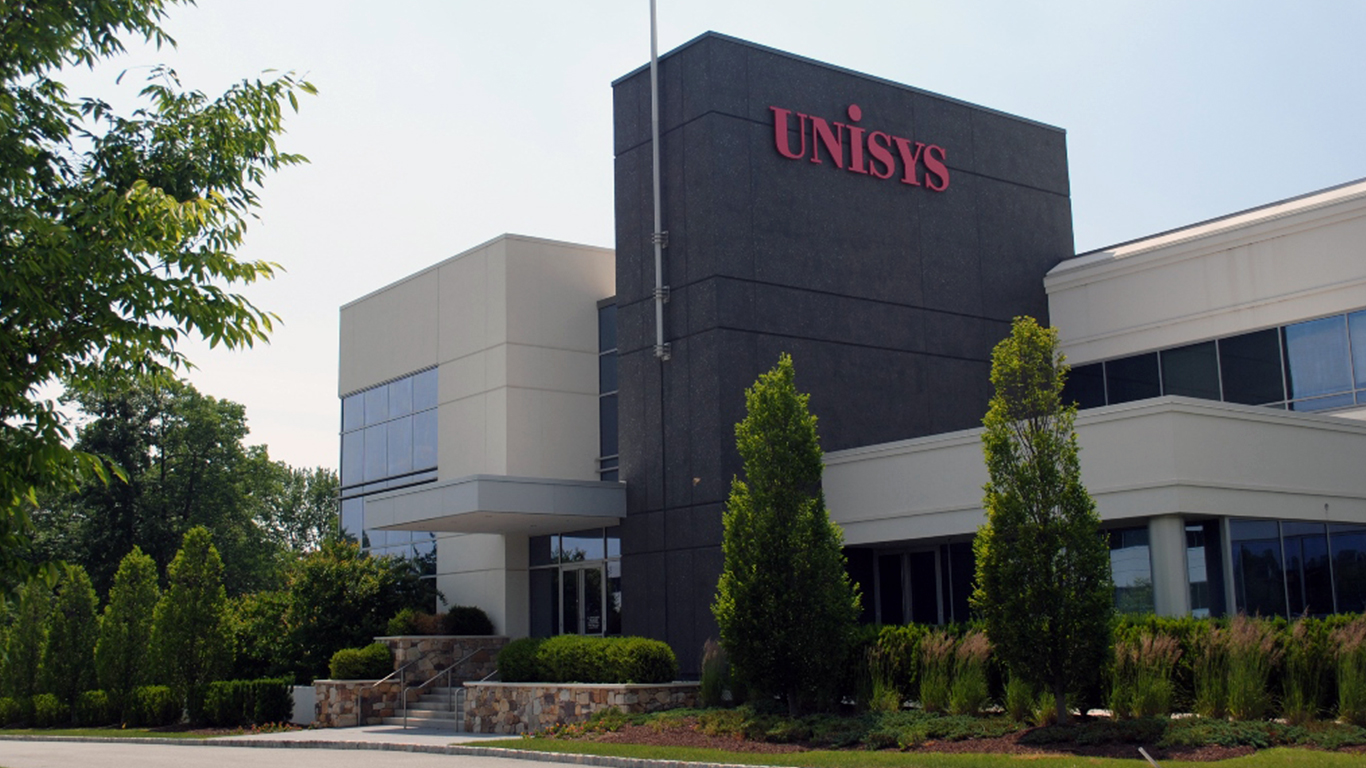Unisys calls for real time data to increase visibility and security
11 / 03 / 2019

The air cargo industry needs to make three fundamental changes to modernise cargo management while increasing security of data and shipments, says Niranjan Navaratnarajah, cargo industry director for Unisys Asia Pacific.
He will be presenting his case as a member of the panel in the Cargo Transformation Track at the IATA World Cargo Symposium in Singapore on Wednesday.
The three essential changes needed are:
1) Use centralised data sets based on the e-AWB
2) Capture real time data using mobile devices and Internet of Things technology
3) Use artificial intelligence and predictive analytics for improved visibility, efficiency and security.
Adopting these practices will help securely modernise today’s mostly manual and fragmented cargo distribution processes by moving away from traditional phone and paper procedures, Navaratnarajah says.
“The cargo industry must modernise to reduce shipment idle time to improve the customer experience, optimise asset utilisation, improve security and reduce unnecessary storage costs.
“To do this, the entire cargo industry should adopt centralised datasets, that are updated in real-time using mobile devices, automation and Internet of Things (IoT) to hasten processes and allow buyers and sellers to access up to date and accurate information. This ‘connected cargo supply chain’ offers customers greater visibility, certainty and satisfaction.”
He explains that a single real-time data platform will reduce the possibility of out-of-date data, cut inaccuracies and opportunities for fraud and enable the end-to-end tracking which customers have come to expect.
With IATA’s January 2019 figures showing a 60.8% penetration of e-AWB in air cargo globally, the industry is well poised to move to e-AWB based centralised datasets in the next 12-18 months. He expects Asia to lead the way as eight of the top 10 countries of origin for e-AWBs and five of the six top airports of origin are in the region.
Unisys, a global information technology company, estimates that, on average, cargo is in the air only 15% of the total delivery time. The industry should aim to cut idle time to around 50 percent.
It says that in a secure connected cargo supply chain, information flows automatically and mobile devices, wearables, sensors and drones enable staff to process shipments on the spot updating data in real-time. Weigh bridges automatically exchange data with systems preventing data errors and fraud and IoT enabled sensors on shipments proactively alert cargo systems and staff if a shipment has been left behind, in the wrong location, or is distressed.
Some players are already doing this, but an industry-wide approach is needed to transform the whole supply chain, states Navaratnarajah.
Artificial intelligence powered by predictive analytics can help freight forwarders to gather and analyse data in real-time and can also generate data to enable airlines to better plan their routes, avoid bad weather and validate the security of shipments. Importantly for the customer experience, this real-time visibility into shipments helps locate misplaced items.
Moving to a digital data-based cargo supply chain also enables the integration of advanced security information and event management (SIEM) tools, such as Unisys’ own Stealth platform with automated dynamic isolation, to protect customer information and shipment data from being accessed or modified by unauthorised parties, preventing data theft and cargo fraud.
Unisys has also developed Digistics™, a holistic and integrated modular air cargo software logistics solution that allows carriers to streamline freight management and improve their operational efficiencies.














